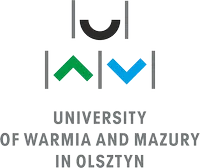Plant
Plants are mainly multicellular, predominantly photosynthetic eukaryotes of the kingdom Plantae. They form the clade Viridiplantae (Latin for "green plants") that includes the flowering plants, conifers and other gymnosperms, ferns, clubmosses, hornworts, liverworts, mosses and the green algae, and excludes the red and brown algae. Historically, plants were treated as one of two kingdoms including all living things that were not animals, and all algae and fungi were treated as plants. However, all current definitions of Plantae exclude the fungi and some algae, as well as the prokaryotes (the archaea and bacteria).

